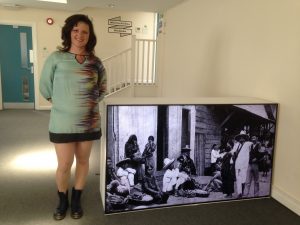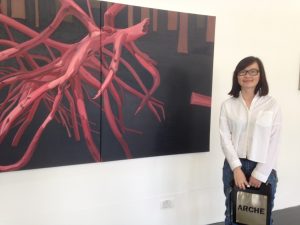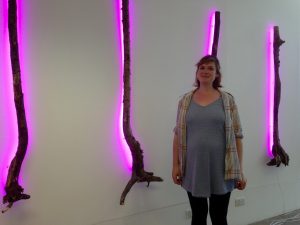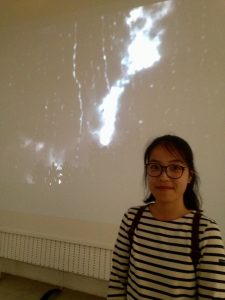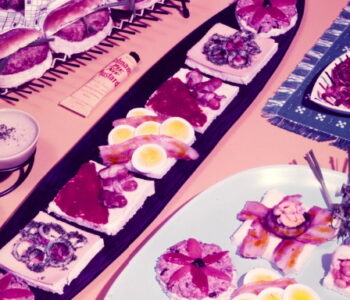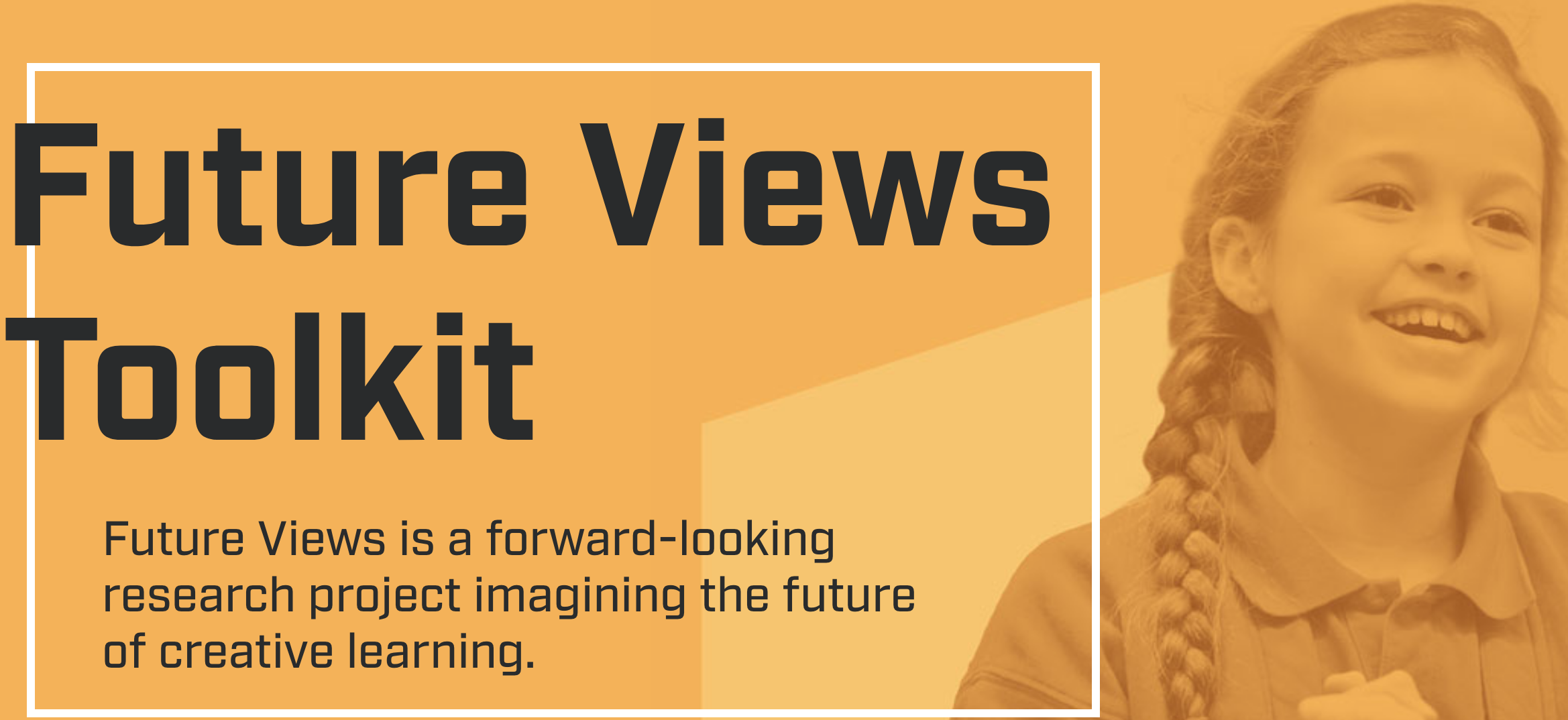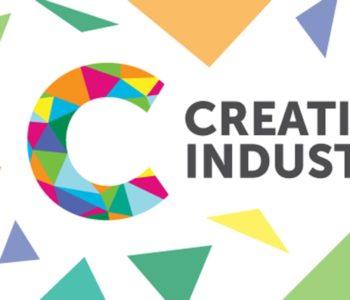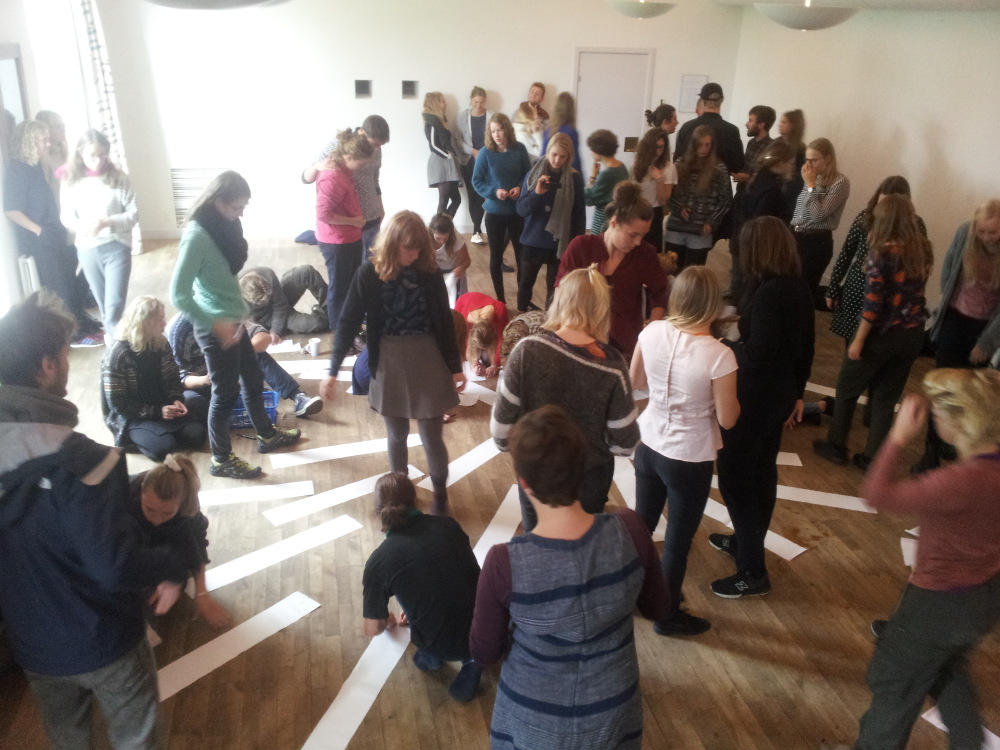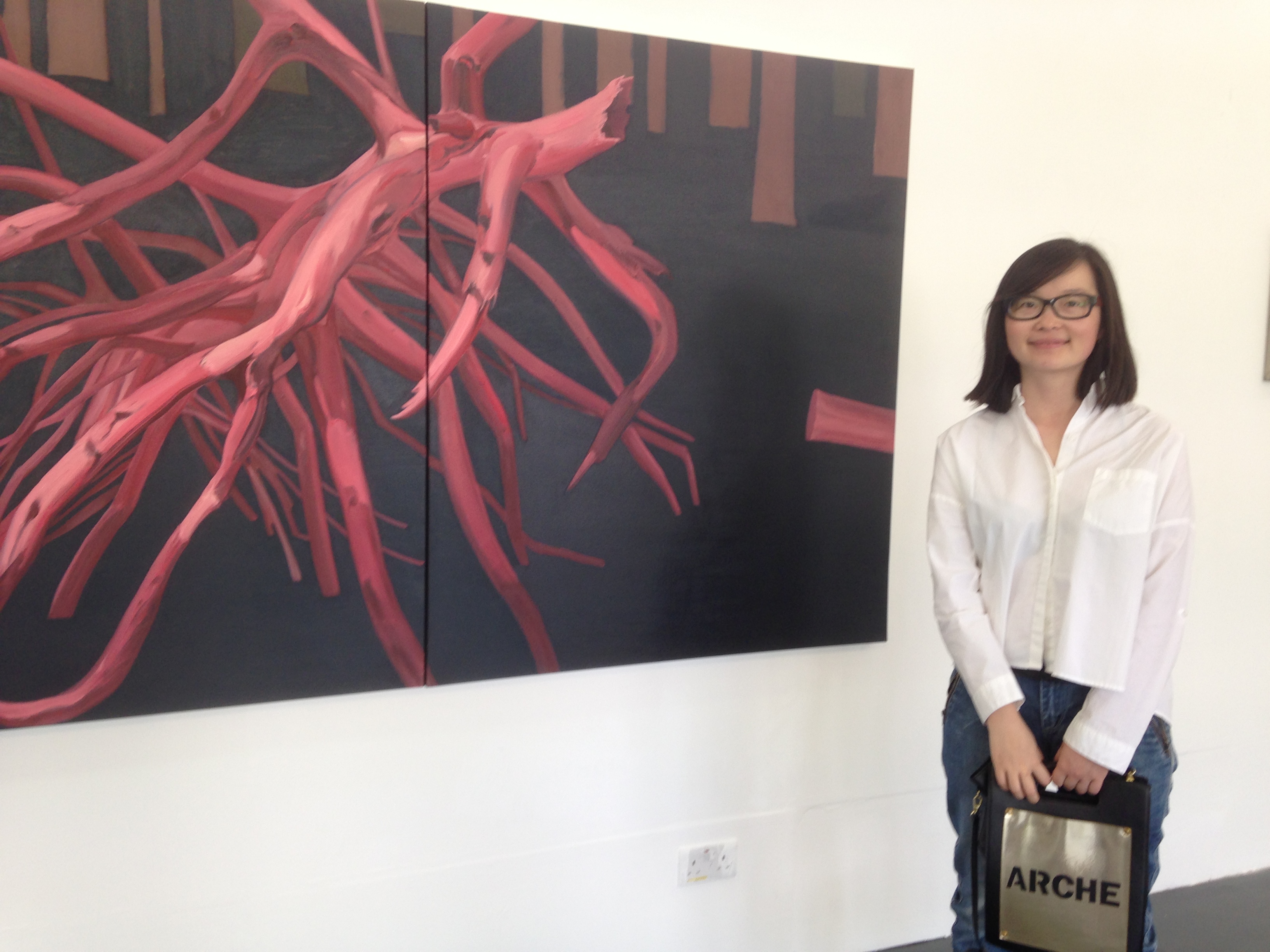 Blog
Blog
Flow Sustainable Art Award
Last week, I had an enjoyable afternoon judging the Flow Sustainable Art Award for a student graduating from the Wimbledon Master of Fine Arts course. The award was for a student who could demonstrate commitment to art practice that engages with ideas that help people and planet thrive. Last year there were 12 applications, and this year only 4, which made my task easier. I don’t think this generally corresponds to a drop in interest in art geared towards big ecological challenges, but was probably due to other factors such as stretched resources to put in a pitch for the award.
Ines M. Ferreira (Inês M. Ferreira) was the recipient of the award, and she will come and spend a day or two with us at Flow later in the summer, shadowing or working on a particular project.
Below are the statements of all four who applied, starting with Ines.
My practice forwards proposals on the importance of Traditional Ecological Knowledge, which focuses on the symbiotic relationship between man and nature as culture, but it doesn’t ignore the complexities of interconnecting socio-political systems, may they be inherent to art itself or in the real world. I explore the local en global, by articulating how local harmful practices to the planet have an impact in the loss of an ecological way of life, which affects the planet as a whole. My work also embodies the ethos of its critique by using recycled metal, as a way of counter-acting harmful mineral extraction.
Qianqian Cai
My creative practice focuses on reconstructing a harmonious existential relationship in the context of time, imbues the most ordinary events or objects with a metaphysical and ceremonial sense. Through sculpting time, depicting the inner sense and exploring the authentic self, my artwork shifts the narrative past into an introspective present, makes the spectators reconsider their existential relationship with the other things around.
Poetic harmony and mysterious romanticism are the aesthetic foundation in my practice, which is influenced by the anciently oriental philosophy about creating a balanced world of mutual tolerance, respect, and appreciation.
Cara Jean Flynn
The natural world is my source of inspiration, focusing on the orders and structures within it, as well as searching and synthesizing new ways to redefine our relationship with nature.
This incorporates the sustainability and awareness of materials and processes I use and the fundamental ideas behind the work. My aim is to address common misconceptions that nature is an autonomous entity existing independently from the human race. By doing this my aim is to try to understand the human condition within nature and by doing so understand it’s balance of fragility and strength in light of current environmental issues.
Yuting Wang
The main media of my work is oil painting. My work explores the people ‘s destruction of nature and living situations, and how these issues impact people’s psychology and emotions. I also consider how modern technology damages both humanity and the environment as a consequence of post-civilisation. In my painting, I express the post-civilisation scene as a dystopia. I hope to convey an uncanny feeling of the dystopia to remind people of the environmental situation. Through concerning the pollution issues to improve the state of the planet.
